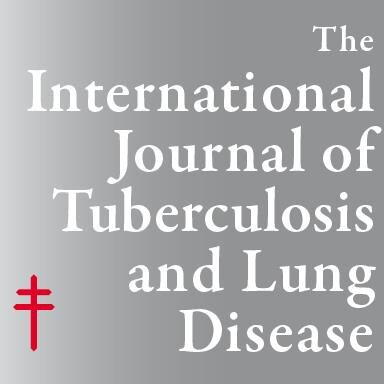New tuberculosis technologies: challenges for retooling and scale-up

Citation: Pai, M., & Palamountain, K. M. (2012). New tuberculosis technologies: challenges for retooling and scale-up. The international journal of tuberculosis and lung disease : the official journal of the International Union against Tuberculosis and Lung Disease, 16(10), 1281–1290.
Abstract: The availability of new tools does not mean that they will be adopted, used correctly, scaled up or have public health impact. Experience to date with new diagnostics suggests that many national tuberculosis programmes (NTPs) in high-burden countries are reluctant to adopt and scale up new tools, even when these are backed by evidence and global policy recommendations. We suggest that there are several common barriers to effective national adoption and scale-up of new technologies: global policy recommendations that do not provide sufficient information for scale-up, complex decision-making processes and weak political commitment at the country level, limited engagement of and support to NTP managers, high cost of tools and poor fit with user needs, unregulated markets and inadequate business models, limited capacity for laboratory strengthening and implementation research, and insufficient advocacy and donor support. Overcoming these barriers will require enhanced country-level advocacy, resources, technical assistance and political commitment. Some of the BRICS (Brazil, Russia, India, China, South Africa) countries are emerging as early adopters of policies and technologies, and are increasing their investments in TB control. They may provide the first opportunities to fully assess the public health impact of new tools.
Author(s): The International Journal of Tuberculosis and Lung Disease
Year: 2011
Language: English
Resource Type: Journal Articles
Source: Other
